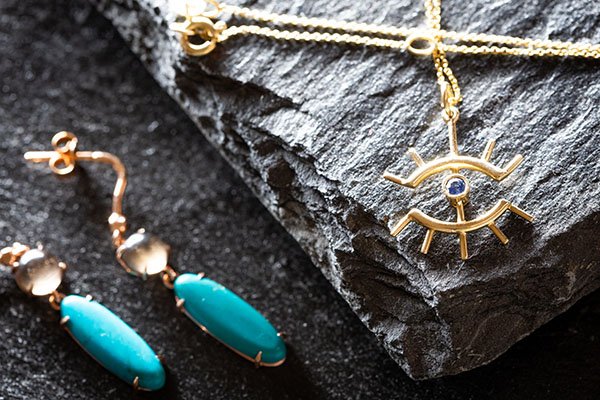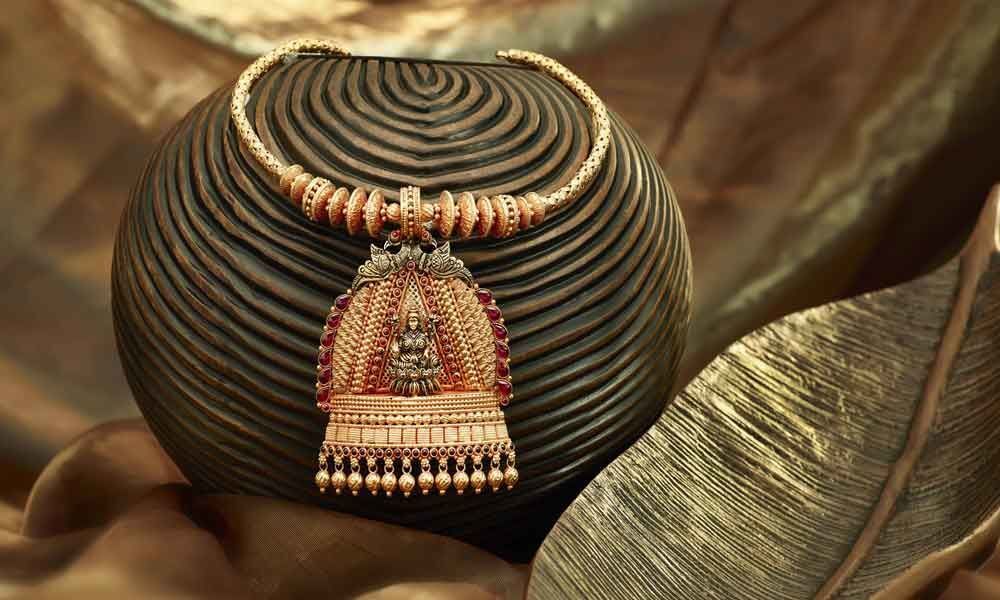Adornment, in its most basic sense, refers to the act of decorating or embellishing oneself with various items such as jewellery, clothing, and accessories. Throughout history, adornment has played a significant role in various cultures as a means of self-expression, social status, and cultural identity. In this article, we will explore the art of adornment and how traditional ornaments have evolved over time in different cultures.
Adornment in Ancient Civilizations

Adornment dates back to ancient civilizations, where it was used for various purposes such as religious rituals, social status, and even as a form of currency. In Egypt, for example, jewellery was worn not only for decorative purposes but also as a symbol of wealth and power. The pharaohs wore elaborate crowns and necklaces adorned with precious gems and metals, while the common people wore simpler forms of jewellery made from materials such as bone, wood, and shells.
Similarly, in ancient Greece, jewellery was worn as a symbol of social status, with gold and silver being the preferred metals. The Romans also placed great importance on jewellery, with rings being especially popular. The rings were often engraved with symbols and images that represented the wearer’s identity and status.
Adornment in Traditional Cultures
Traditional cultures around the world still place great importance on adornment as a means of expressing cultural identity and social status. In India, for example, women wear elaborate jewellery such as bangles, necklaces, and earrings during special occasions such as weddings and religious festivals. The jewellery is often made from gold, silver, and precious gems and is passed down from generation to generation.
Similarly, in African cultures, beads and shells are used to create elaborate necklaces and bracelets that represent the wearer’s social status and cultural identity. In some cultures, specific colors and designs are used to denote different tribes or clans.
Adornment in Modern Society
In modern society, adornment has evolved to include a wide range of items such as clothing, accessories, and even tattoos and piercings. The fashion industry plays a significant role in shaping trends and styles, with designers and brands creating unique pieces that reflect current cultural and social trends.
However, traditional forms of adornment still hold great importance in many cultures. In some cases, traditional jewellery and clothing are worn as a way of connecting with one’s cultural heritage and identity.
The Importance of Adornment
Adornment is more than just a form of decoration. It is a means of expressing one’s identity, social status, and cultural heritage. Traditional ornaments and jewellery have evolved over time to become symbols of cultural significance, passed down from generation to generation.
In a world where cultural diversity and identity are increasingly important, adornment serves as a powerful means of expression and connection. It allows individuals to celebrate their cultural heritage and express their unique identity in a way that is both personal and meaningful.
- Adornment has been a part of human culture since ancient times, used for various purposes such as religious rituals, social status, and even as a form of currency.
- Traditional cultures around the world still place great importance on adornment as a means of expressing cultural identity and social status.
- In modern society, adornment has evolved to include a wide range of items such as clothing, accessories, and even tattoos and piercings.
- Adornment is more than just a form of decoration. It is a means of expressing one’s identity, social status, and cultural heritage.
The art of adornment is a rich and diverse aspect of human culture that has evolved over time to become a powerful means of expression and connection. Traditional ornaments and jewellery continue to hold great importance in many cultures, serving as symbols of cultural identity and heritage. As we continue to celebrate cultural diversity and identity, adornment will undoubtedly continue to play an important role in our lives.


